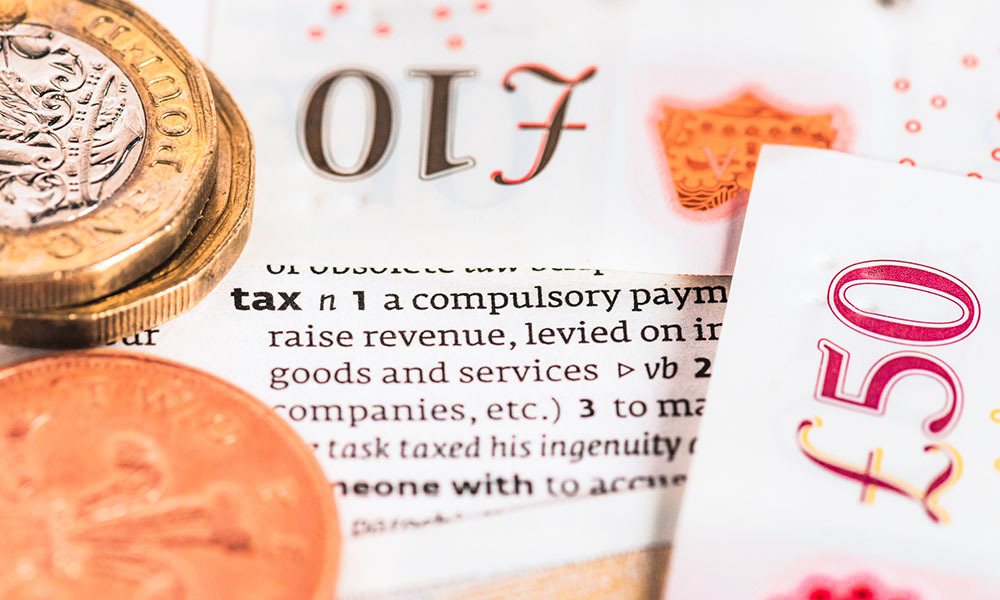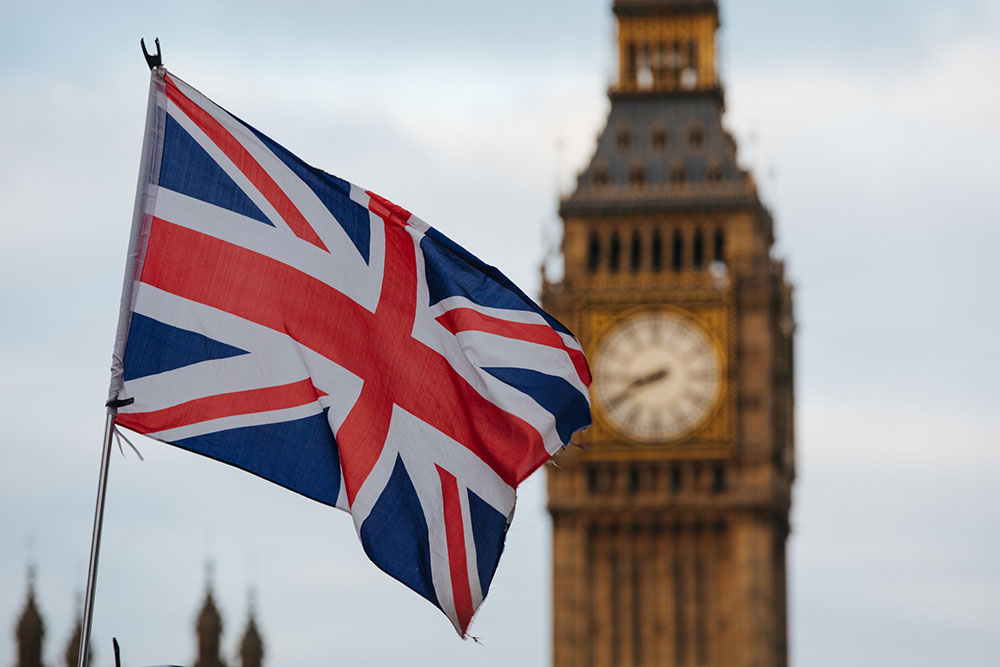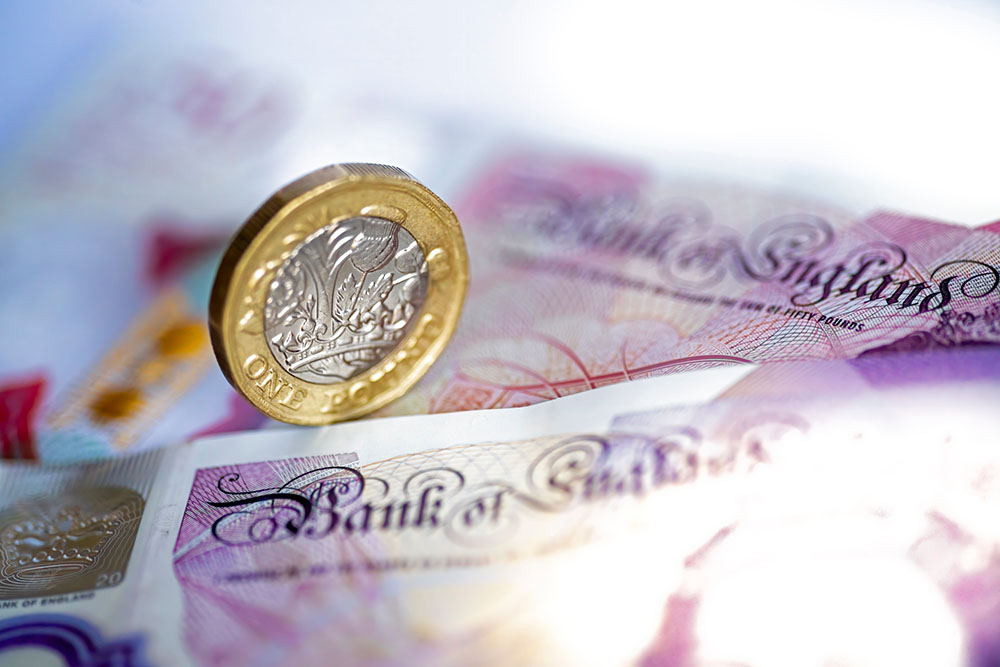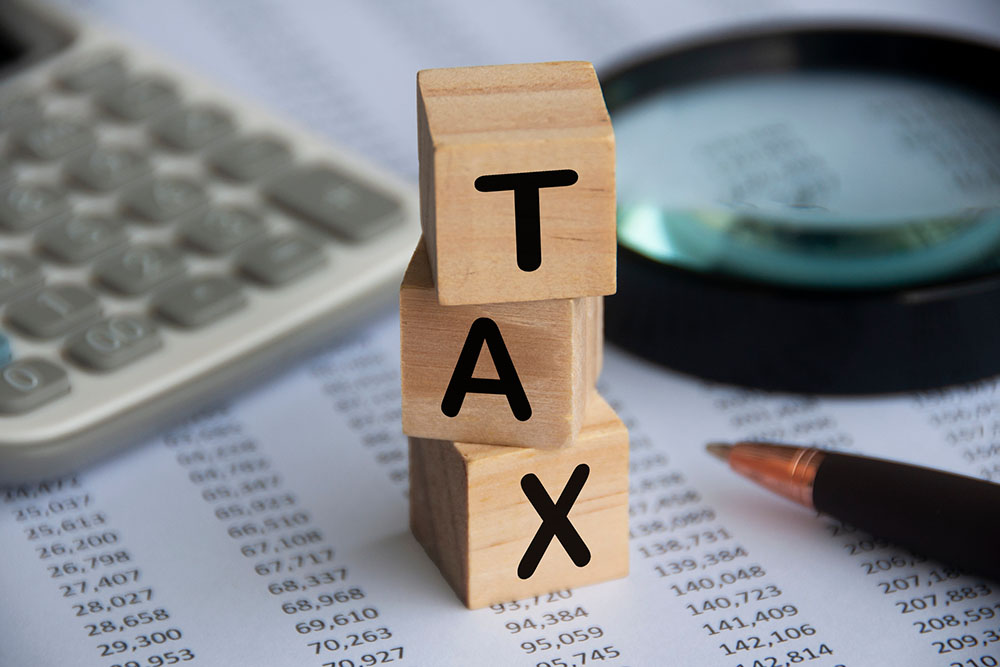How to Protect Your Retirement During Divorce
This content is for information purposes only and should not be taken as financial advice. Every effort has been made to ensure the information is correct and up-to-date at the time of writing. For personalised and regulated advice regarding your situation, please consult an independent financial adviser here at Castlegate in Grantham.
It’s natural for your attention to focus on the immediate things during the trauma of the divorce process. Where will you live? How will the childcare arrangements be split? What about the immediate financial settlement? It’s harder to think about the longer-term impact of divorce on your retirement lifestyle and pension income, yet it is hugely important.
Here at Castlegate, our financial advisers here in the Midlands often advise people through the financial implications of a divorce. It’s worth stating that most people who approach a financial adviser during this time (and many unfortunately do not) often do so towards the end of the process, at the settlement stage. At this point, however, it can often be too late to secure the assets and capital needed to provide a good income for your future retirement.
If at all possible, it is best to consider seeking financial advice near the beginning of the process (i.e. dealing with Form E) when you are compiling your list of assets. At this stage, your financial adviser can help you to take a step back from the emotional whirlwind, providing a valuable sounding board and impartial eye to help re-formulate your strategy. After all, much of your financial goals and investment strategy up until this point will have likely been jointly-decided with your spouse. With your separation approaching in the distance, all of that is going to change and it’s important to re-formulate your financial plan to look after yourself.
To discuss your own financial plan and situation via a free consultation, please contact us via:
01476 591022
info@casfin.co.uk
The state pension
The first thing to get out of the way concerns your state pension. Every person is entitled to at least some income from the government once you reach retirement age (provided you have made at least 10 years of qualifying National Insurance contributions). However, neither you nor your spouse can split your state pension as part of a divorce settlement.
This is important, particularly for mothers who have spent a lot of time out of their careers to raise the children. You will not be able to claim anything from your husband’s state pension, which he might have continued building up throughout his career. However, if you receive a good financial settlement at the end of the divorce process, it might be possible to make up for some of the lost time through Voluntary National Insurance contributions. Here, you can “top-up” any non-qualifying years over the past seven years, to help you gain the full new state pension when you eventually retire.
Workplace and personal pensions
In this respect, there is an important difference between Scotland on the one hand, and England and Wales on the other. If you are divorcing in the former jurisdiction, then the divorce process can only take into account the pensions you have both built up during your marriage or civil partnership. Any pension savings built up before or after your legal separation are not taken into account. In England and Wales, however, the total value of all your pensions is relevant when it comes to deciding how to divide the assets.
In all cases, the courts will seek to be fair when deciding how your assets should be split between you. This means the starting assumption will be to divide everything 50:50, but this does not always happen. Your pension(s) will be treated differently depending on the arrangements which have existed between both of you. If you both have a good pension, for instance, then they might even feature prominently at all during the settlement negotiations.
It’s important not to neglect this important area of financial planning, however. Many people focus on “getting the house” during the divorce process, for instance, and are happy to give up pension any assets in return. This can be a big mistake, especially for many mothers with young children who want to keep the family home, but who cannot then afford to build up adequate retirement funds going forwards.
Broadly speaking, in 2020 there are three primary ways a pension might be handled in a divorce settlement. First, there is offsetting, where the value of the pension(s) is offset against other wealth or income. For instance, one of you might keep an investment portfolio whilst the other keeps their pension fund. Secondly, there is earmarking which requires the partner with the pension to share income (or lump sums) with their ex-partner in the future. This can be a good option for some people, but it’s worth noting that it keeps you attached to your ex-partner, and many people simply want to move on with their life. Moreover, your retirement plan will be highly dependent on your ex-partner, since you will be unable to start receiving money from their pension until they die or start drawing from it themselves.
Finally, the third option is simply to split the pension at the time of the divorce settlement. Here, it can be especially important to gain financial advice. If you receive a share of your partner’s pension, for instance, then you might not be able to keep it in the current scheme. If you need (or want) to transfer it, then it will be important to choose a scheme which offers competitive fees and which meets your investment goals.
Invitation
If you are interested in discussing your own financial plan or retirement strategy with us, please get in touch to arrange a no-commitment financial consultation at our expense:
01476 591022
info@casfin.co.uk












